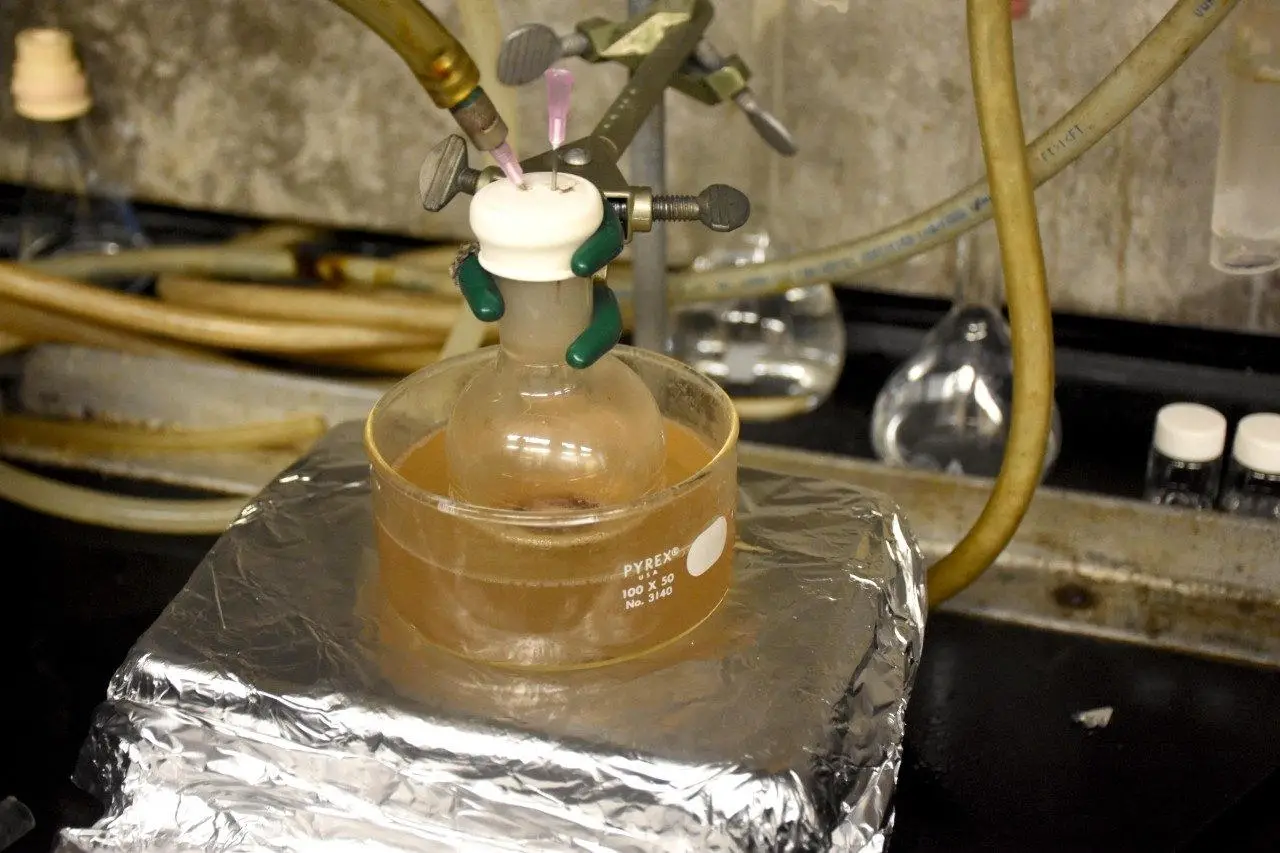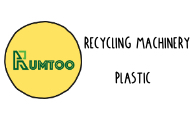In a groundbreaking discovery, researchers have unveiled a unique method to transform everyday plastics, commonly found in items like milk cartons, food containers, and plastic bags, directly into soap. This innovative technique, pioneered by the Virginia Tech team, hinges on the remarkable molecular resemblance between polyethylene, a prevalent plastic, and fatty acids, the precursors to soap.
Both polyethylene and fatty acids consist of long carbon chains. However, fatty acids possess an additional group of atoms at their chain’s end. Recognising this similarity, Guoliang “Greg” Liu, an associate professor of chemistry at Virginia Tech, theorised the potential of converting polyethylene into fatty acids. The subsequent steps would then yield soap.
The challenge lay in fragmenting the extensive polyethylene chain into shorter segments efficiently. Liu’s eureka moment came during a winter evening by a fireplace. Observing the rising smoke, he pondered the composition of the “smoke” if polyethylene were to undergo incomplete combustion in a controlled environment.
This line of thought led to the creation of a specialised oven-like reactor. Inside this reactor, polyethylene undergoes a process named temperature-gradient thermolysis. The oven’s base reaches temperatures high enough to break the polymer chains, while the top remains sufficiently cool to halt any further disintegration. The resultant substance was akin to waxes, or more specifically, “short-chain polyethylene.”
This discovery marked the initial phase in the journey of upcycling plastics into soap. By incorporating a few more steps, including saponification, the team crafted the world’s first soap derived from plastics. Their findings, which offer a fresh avenue for plastic upcycling without resorting to novel catalysts or intricate procedures, were recently published in the esteemed journal, Science.

Interestingly, while polyethylene was the project’s inspiration, the upcycling method is also compatible with another prevalent plastic, polypropylene. This compatibility means that there’s no need to segregate these two plastics, a significant advantage over some current recycling techniques that necessitate meticulous plastic sorting to prevent contamination.
One of the upcycling technique’s standout features is its simplicity, requiring just plastic and heat. This simplicity enhances its cost-effectiveness and minimises its environmental footprint. Given the potential economic viability and the pressing need to combat plastic pollution, Liu envisions this technique being adopted by recycling facilities globally. This could pave the way for consumers to access sustainable soap products, simultaneously reducing plastic waste in landfills.
In conclusion, the transformation of plastics into soaps not only presents an economically viable solution but also signifies a promising start in the battle against plastic pollution.
Reproductie is niet toegestaan zonder toestemming.:Rumtoo-machines » Wetenschappers veranderen plastic afval in zeep: een nieuwe recyclingmethode

 Rumtoo-machines
Rumtoo-machines Nu informeren
Nu informeren 
